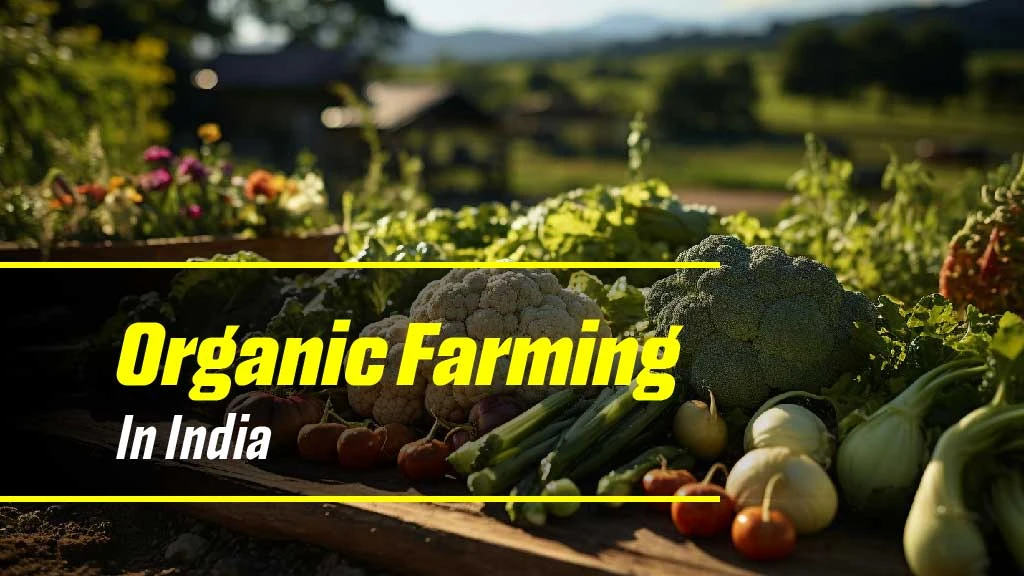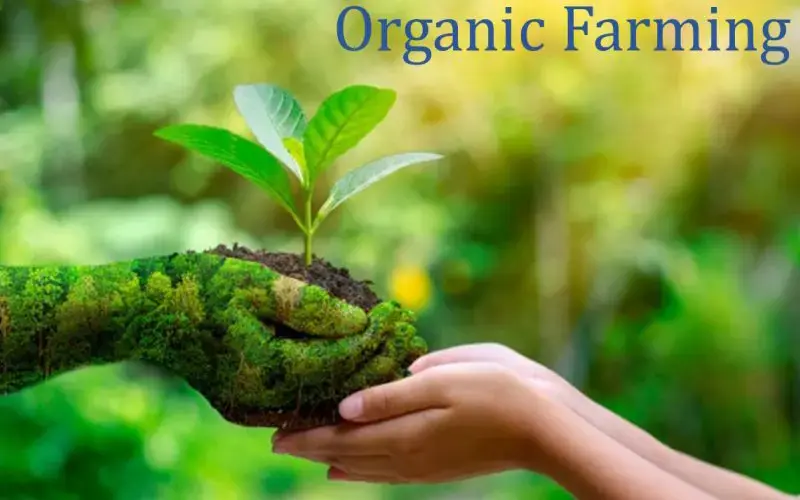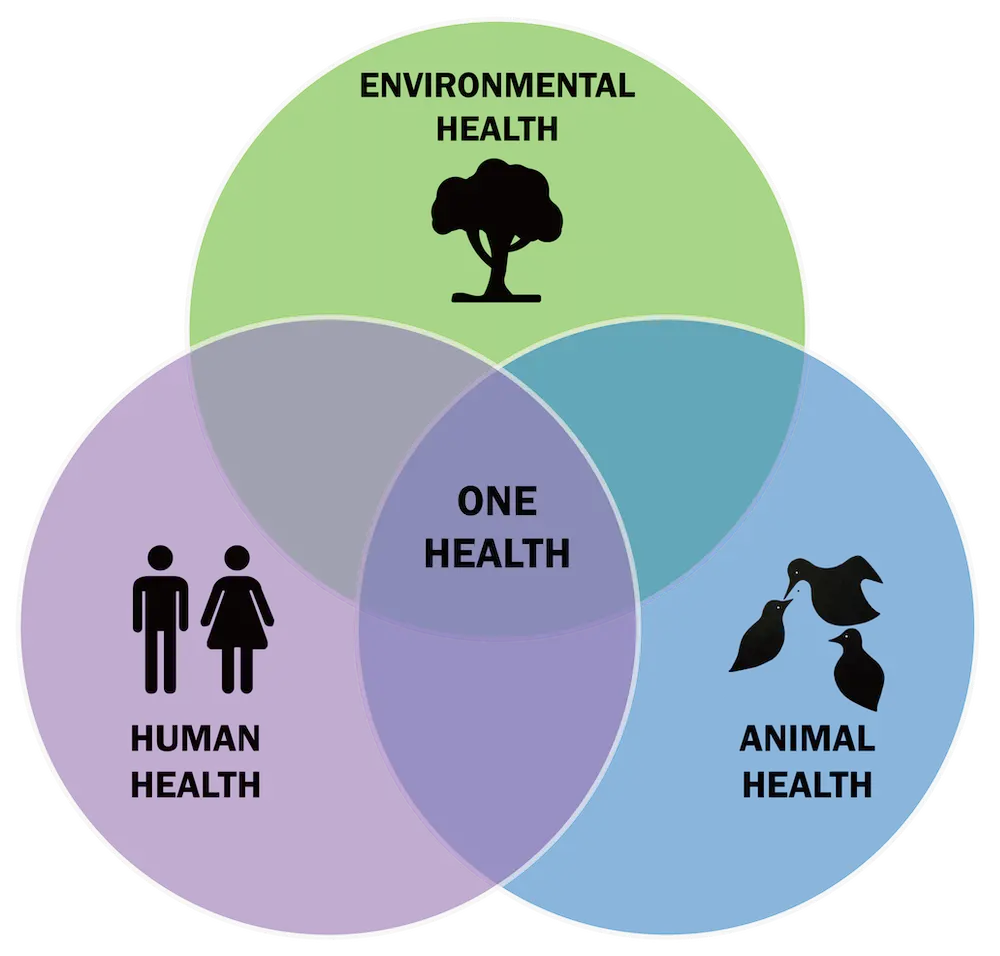
The conversation around organic food has grown as consumers seek healthier options and sustainable agricultural practices. Here, we explore the role of organic food in promoting a healthy lifestyle and a safer environment based on research.
CONTENTS
- Environmental Benefits of Organic Farming
- Connecting Environmental Benefits to a Healthy Lifestyle
- Pesticides and Health
- Nutritional Differences
- Health and Antibiotics
- Conclusion
Environmental Benefits of Organic Farming
Organic farming plays a significant role in enhancing environmental sustainability. Studies conducted in Europe indicate that organic farming methods generally provide substantial benefits to the environment. One of the key advantages is the increase in soil organic matter, which improves soil fertility and enhances its ability to store carbon. This contributes to mitigating climate change by reducing greenhouse gas concentrations in the atmosphere.
Additionally, organic farming reduces nutrient losses such as nitrogen leaching, which can lead to water pollution. Emissions of harmful substances like nitrous oxide and ammonia are also minimized in organic systems. By avoiding synthetic fertilizers and pesticides, organic farming protects biodiversity, supporting a wide range of plant and animal species that thrive in healthier ecosystems.
However, it is important to note that organic farming often requires more land to produce the same yield as conventional farming. This land-use inefficiency can offset some of the environmental benefits, particularly when large-scale deforestation or habitat conversion is involved. Balancing yield efficiency with environmental preservation remains a critical challenge for the organic farming movement.
Organic farming also promotes the use of renewable resources and energy-efficient practices. Techniques such as crop rotation, cover cropping, and composting enhance soil health and reduce the need for external inputs. These methods not only sustain the environment but also create a resilient agricultural system capable of adapting to changing climatic conditions.

However, it is important to note that organic farming often requires more land to produce the same yield as conventional farming. This land-use inefficiency can offset some of the environmental benefits, particularly when large-scale deforestation or habitat conversion is involved. Balancing yield efficiency with environmental preservation remains a critical challenge for the organic farming movement.
Organic farming also promotes the use of renewable resources and energy-efficient practices. Techniques such as crop rotation, cover cropping, and composting enhance soil health and reduce the need for external inputs. These methods not only sustain the environment but also create a resilient agricultural system capable of adapting to changing climatic conditions.
Connecting Environmental Benefits to a Healthy Lifestyle
- The environmental advantages of organic farming are closely tied to promoting a healthier lifestyle. Reduced pesticide use in organic farming not only protects ecosystems but also lowers the risk of chemical exposure in humans. Cleaner air, water, and soil resulting from organic practices contribute to a safer and more sustainable environment, which in turn supports overall public health.
- For example, the absence of synthetic chemicals in organic produce reduces the likelihood of pesticide residues entering the food chain. This is particularly important for children and pregnant women, who are more vulnerable to the harmful effects of such chemicals. Additionally, the biodiversity fostered by organic farming supports healthier ecosystems, which can positively influence the nutritional quality of food.
- Organic farming’s focus on sustainability and natural resource conservation aligns with long-term health goals. By protecting the environment, organic practices ensure that future generations will have access to clean water, fertile soil, and nutritious food—all of which are essential components of a healthy lifestyle
Organic Products
Pesticides and Health
In 2015, the International Agency for Research on Cancer classified three pesticides—glyphosate, malathion, and diazinon—as carcinogenic. These pesticides have been linked to serious health concerns, including non-Hodgkin lymphoma and lung cancer. Most people are exposed to low levels of pesticides through their diet, with over 90% of the U.S. population showing detectable levels of these chemicals in their bodies.
Organic foods, produced without synthetic pesticides, significantly reduce pesticide residues and exposure. While the long-term health effects of consuming organic foods remain under study, choosing organic options can minimize the risks associated with pesticide exposure. This is particularly important for vulnerable populations such as children and pregnant women, who are more susceptible to the harmful effects of chemical residues.
Nutritional Differences
- Organic foods are often associated with higher nutritional value compared to conventionally grown counterparts. Research suggests that organic produce may contain higher levels of essential nutrients such as vitamin C, iron, magnesium, and phosphorus. Additionally, organic crops tend to have lower nitrate levels and fewer pesticide residues.
- Organic foods are also richer in antioxidants, including flavonoids and carotenoids, which are known for their health-promoting properties. Laboratory studies have shown that these compounds exhibit stronger antioxidant activity, potentially reducing the risk of chronic diseases such as heart disease and cancer.
Health and Antibiotics
Consuming organic food may also contribute to better health outcomes. Studies have indicated that organic food consumption is associated with a reduced risk of allergic diseases and obesity. However, these findings may partly reflect the overall healthier lifestyles of individuals who prefer organic products.
Health
Antibio-tics

A notable French study linked higher organic food consumption to a lower risk of non-Hodgkin lymphoma and postmenopausal breast cancer. These findings highlight the potential long-term health benefits of incorporating organic foods into one’s diet.
Moreover, organic farming’s restrictions on antibiotic use play a crucial role in combating antibiotic resistance. By avoiding routine antibiotic treatments in livestock, organic farming helps preserve the effectiveness of these vital medicines, addressing a growing global concern.
Conclusion
Organic food offers clear environmental benefits and potential health advantages by reducing pesticide exposure and antibiotic use. Organic farming methods contribute to environmental sustainability by improving soil health, reducing pollution, and supporting biodiversity. However, its necessity depends on individual priorities and the integration of sustainable practices into conventional farming.
While organic food may not be a universal solution, it represents a step towards a healthier lifestyle and a safer environme . By understanding the evidence, consumers can make informed choices that align with their health and environmental goals.